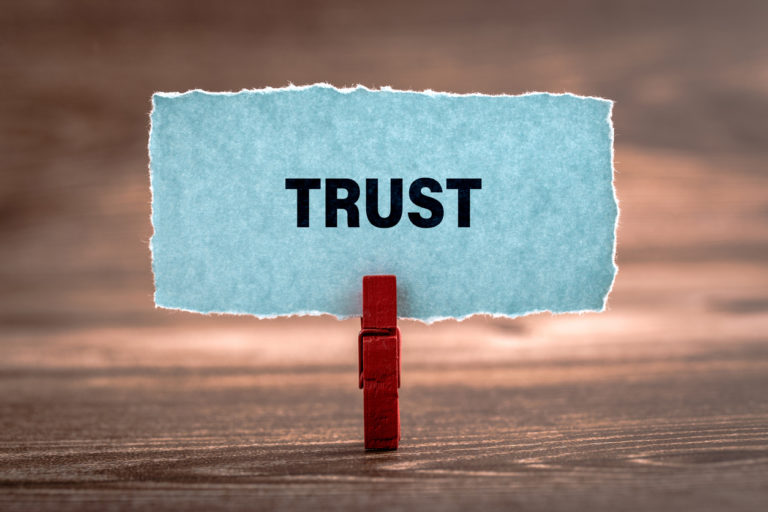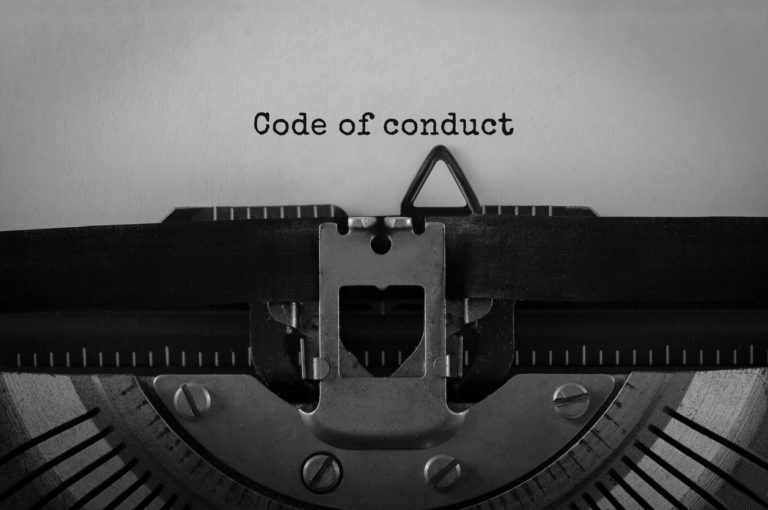At PDL, we spend a huge amount of time carefully considering cyber security and encryption.
Good data encryption is always central to our working processes, and key to the reassurances we can offer our clients – specifically relating to confidentiality, discretion, and data protection.
Find out more below on what encryption is, why it’s important, what we recommend, and how to seek further advice on this subject.
What Is Encryption?
Encryption is the process of encoding information, such that only authorised parties may decipher it.
Encryption comes in various forms and at various levels of security, meaning it’s really important to understand the options on offer, and choose what best suits you or your organisation.
End-to-end encryption (E2EE) is a key phrase here. It means only the communicating users can read the messaging content.
However, it’s important to note that often this phrase is applied to services that arguably should not claim to offer genuine end-to-end encryption, due to some of their data handling processes. For this reason it’s vital to do research to ensure your chosen services offer genuine E2EE.
Why Does Encryption Matter?
The short answer is that it’s an additional layer of defence to your confidential information.
The specifics may vary here: Individuals and organisations can be subject to cyber attacks and intrusive investigations, people may be targeted for personal reasons, companies can suffer data leaks, or be hacked, and so on.
If you’re handling sensitive, confidential, or personal information that affects individuals or organisations, encryption is an essential part of your protection against the unauthorised accessing of that information – that is to say, it ending up in the wrong hands.

Our Recommendations
At PDL, one of the first things we do with any client who instructs us is to implement our tried and tested processes of encryption.
We ask clients to join us in using certain softwares, applications and processes – ones we know are the highest level of security available to us.
As a general recommendation to any individuals or organisations reading, we recommend:
- Thoroughly researching the encryption and cyber security options available
- Establishing processes to ensure your cyber security is maintained
- Seeking advice if needed, to be sure of the changes you implement
ProtonMail
We highly recommend the ProtonMail service, which offers genuine end-to-end encryption, and implements various measures to ensure it is (virtually) unhackable, and one of the most secure email providers available.
ProtonMail states that not even the service itself – never mind hackers – can access or read users’ emails.
At PDL we use ProtonMail, but are not paid affiliates in any form.
Need More Advice On Encryption?
If you want to discuss any aspect of your data encryption and cyber security processes, please contact us for a free initial consultation, during which we can cover information that may be of use to you, and how we can advise you or your organisation on an ongoing basis.





